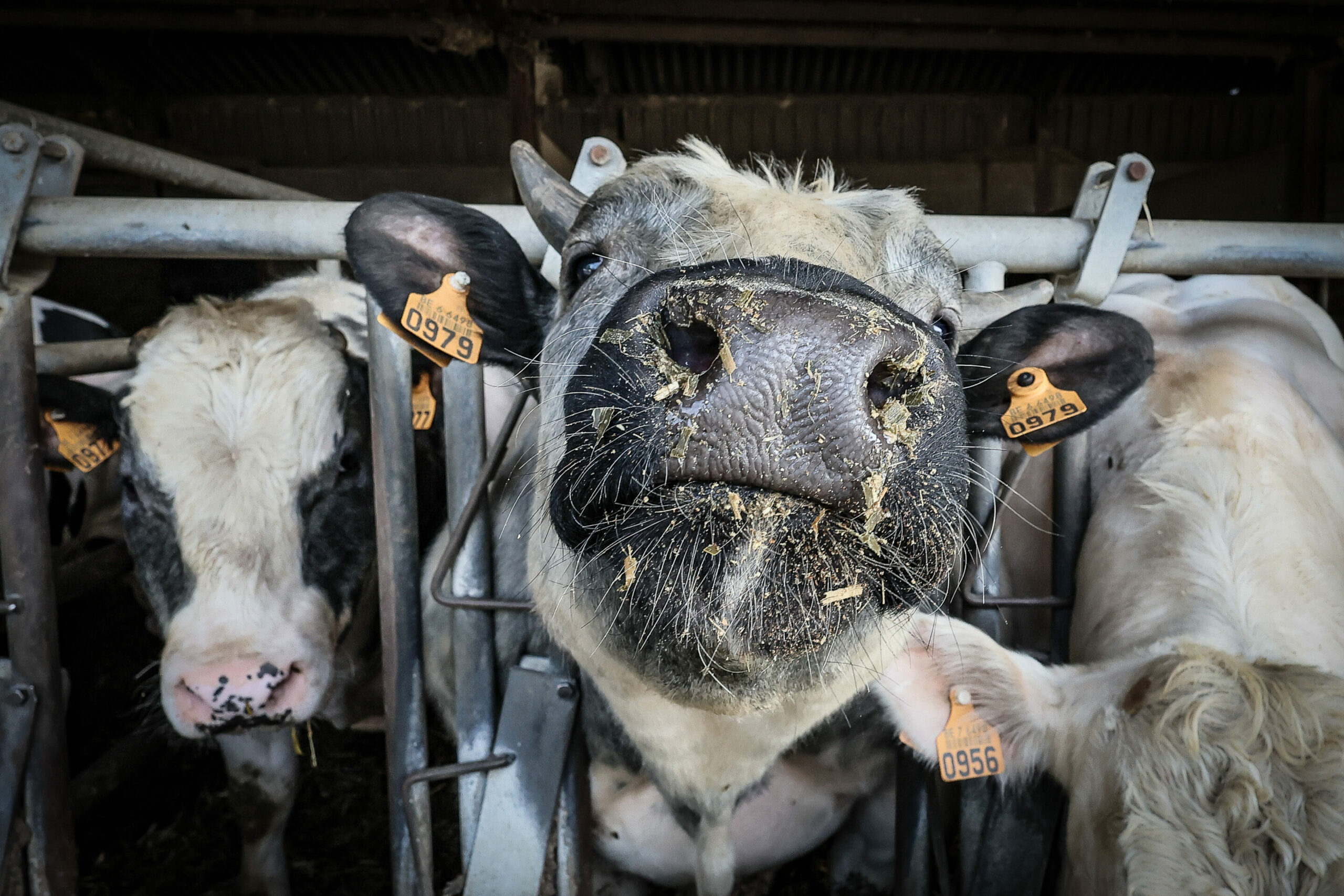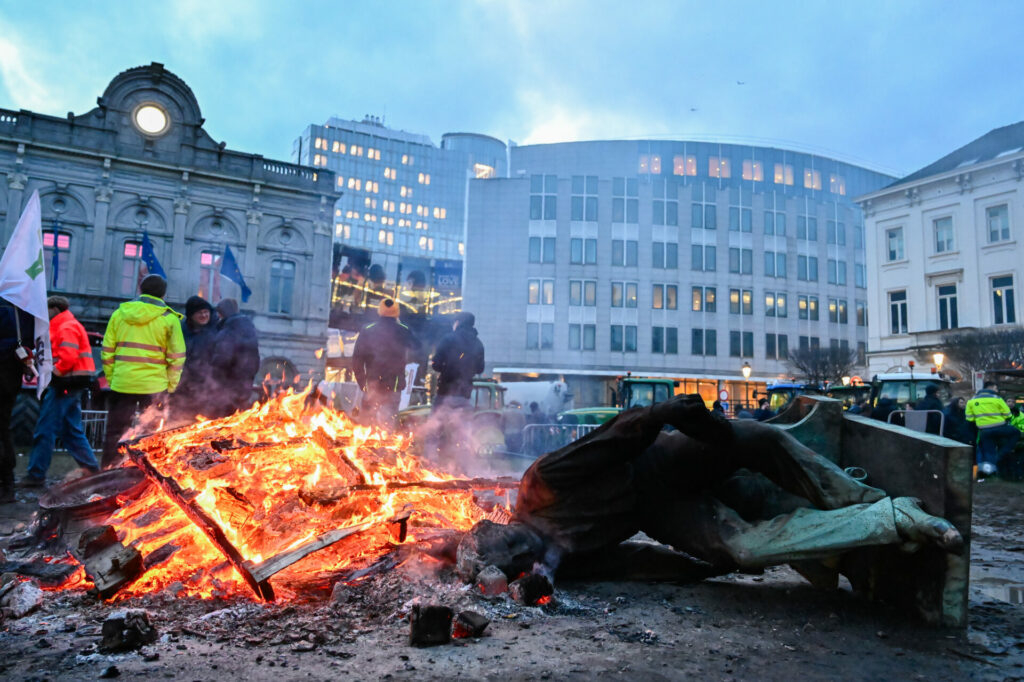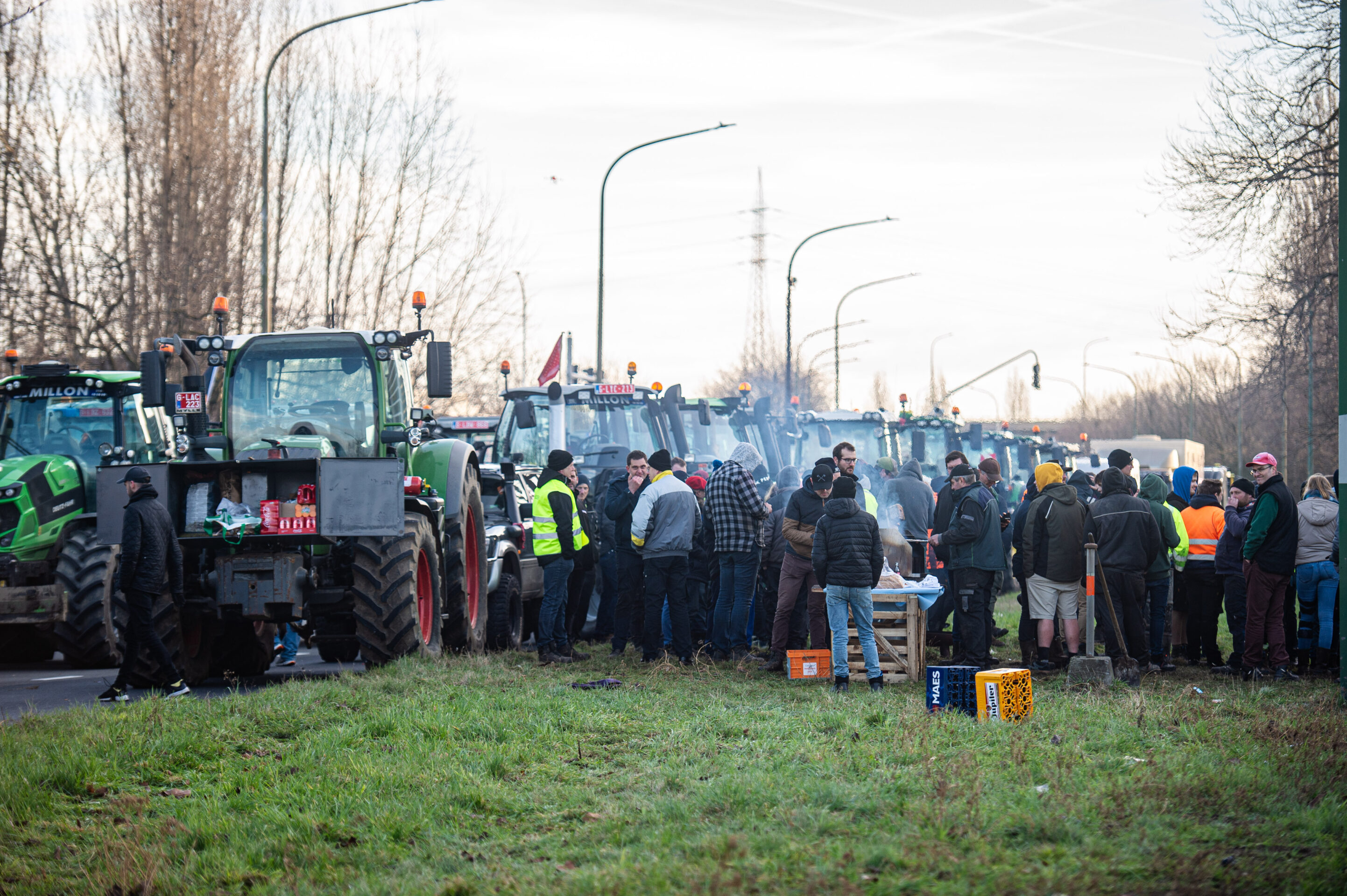The EU adopted the Nature Restoration Law last Monday after months of gruelling negotiations and bitter disagreement. While the legislation is a clear win for biodiversity and the climate, both its opponents and proponents are unsure what implementation will look like in Belgium.
Months of European Parliament negotiations saw the spread of misinformation and accusations of "Trumpism" levelled at the European People's Party (EPP) and other right-wing groups eager to appeal to their agricultural voter base. Farmers have taken issue with the bill due to uncertainty about its impact on their livelihoods.
A watered-down version of the bill was voted through in February but stumbled at the next block: adoption by the European Council, normally a formality. The Belgian EU Presidency shelved the law in March when a qualified majority looked unlikely. However, following a surprise U-turn by Austria at the last minute, the law became official last week.
Belgium abstained from the final vote due to internal strife: Wallonia and Brussels are in favour of nature restoration but Flanders is against the bill. Flemish farmers have long opposed a controversial nitrogen decree that they view as far too strict. Rejection of this, the Nature Restoration Law and opposition to the EU-Mercosur deal are all interconnected.
The question is, how will Belgium proceed with implementing the law in a way that takes farmers' qualms into account?

Cows on a farm in Faimes, Wallonia. Credit: Belga / Bruno Fahy
'Farmers depend on nature'
Under the the nature law, EU Member States are obliged to recover at least 20% of the bloc's degraded ecosystems (land and seas) by 2030, and all ecosystems must be restored by 2050. Countries have two years to implement the law, and Belgium has not yet published a national plan detailing this process.
Vagueness is what keeps farmers' associations up at night. "Say you have to restore the population of a certain butterfly. It is very uncertain that the effort a farmer makes to do so will actually be enough," spokesperson for farmers' union Boerenbond Elisabeth Mertens told The Brussels Times. "It is very uncertain how a specific lawyer will interpret this. When will nature be restored enough? At the moment this is unclear."
It is hoped that the national plan, when published, will address these concerns. Dialogue is also an essential element of any proceedings. "Farmers depend on nature, so of course they are in favour of restoring it," says Mertens. "But sometimes we forget that farmers need to access land too. It is already difficult for them to survive economically and they are simply asking for support."
'End polarisation'
Environmental organisations and farmers are often pitted against each other in discussions about European agricultural policy – especially when the farmer protests roll into the European capital – but dialogue between these sectors is already underway. "Now is the time to end this polarisation," says Sabien Leemans, Senior Biodiversity Policy Officer at WWF. She explains that the NRL serves the long-term interests of farmers, as the restoration of wetlands will mitigate the effects of future droughts as well as protecting livelihoods against flooding. "If we do not restore nature, food security is in danger," she told the Brussels Times.

Farmers set a fire at Place du Luxembourg and toppled a statue at a protest action in the European district in Brussels. Credit: Belga / Dirk Waem
In addition, farmers should not be seen as a homogenous block. "It would be wrong to speak about farmers as a whole," Clara Bourgin from Friends of the Earth Europe told The Brussels Times. "The backlash to some aspects of the NRL came from groups that are not representative of all farmers." She added that smaller farmers must be supported and the question of funding is critical for a successful implementation.
The Federal Government has taken steps to ensure that citizens have a say in how the country safeguards biodiversity. The public have until 24 September 2024 to give their opinions about a new biodiversity framework via the Health Ministry's website. "Protecting biodiversity is a matter of survival for humanity," stated biodiversity policy officer at the European Commission Anne Teller at the launch of the initiative on Monday.
The Belgian EU Presidency has also published a set of conclusions about agricultural policy that "places farmers at the heart of our concerns". The text highlights the centrality of farmers to Europe's food system and calls for farmers to receive fair pay. It also commends agricultural efforts to comply with sustainability goals and acknowledges "that farmers need adequate support in the transition to adopting sustainable practices".
According to a WWF report published in 2020, one third of the 7,725 native species recorded in Belgium are rare, threatened or extinct. At a European level, 81% of land is in poor condition.

